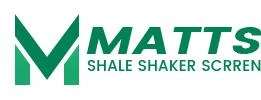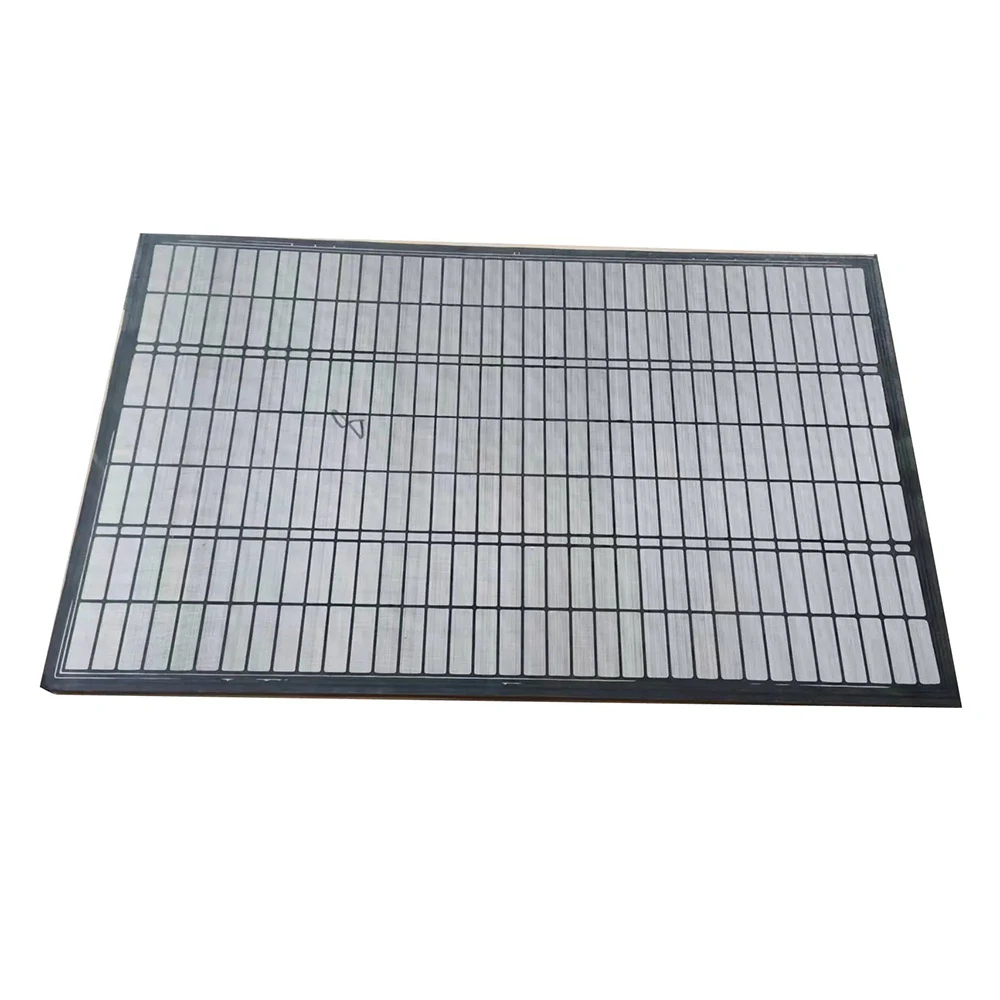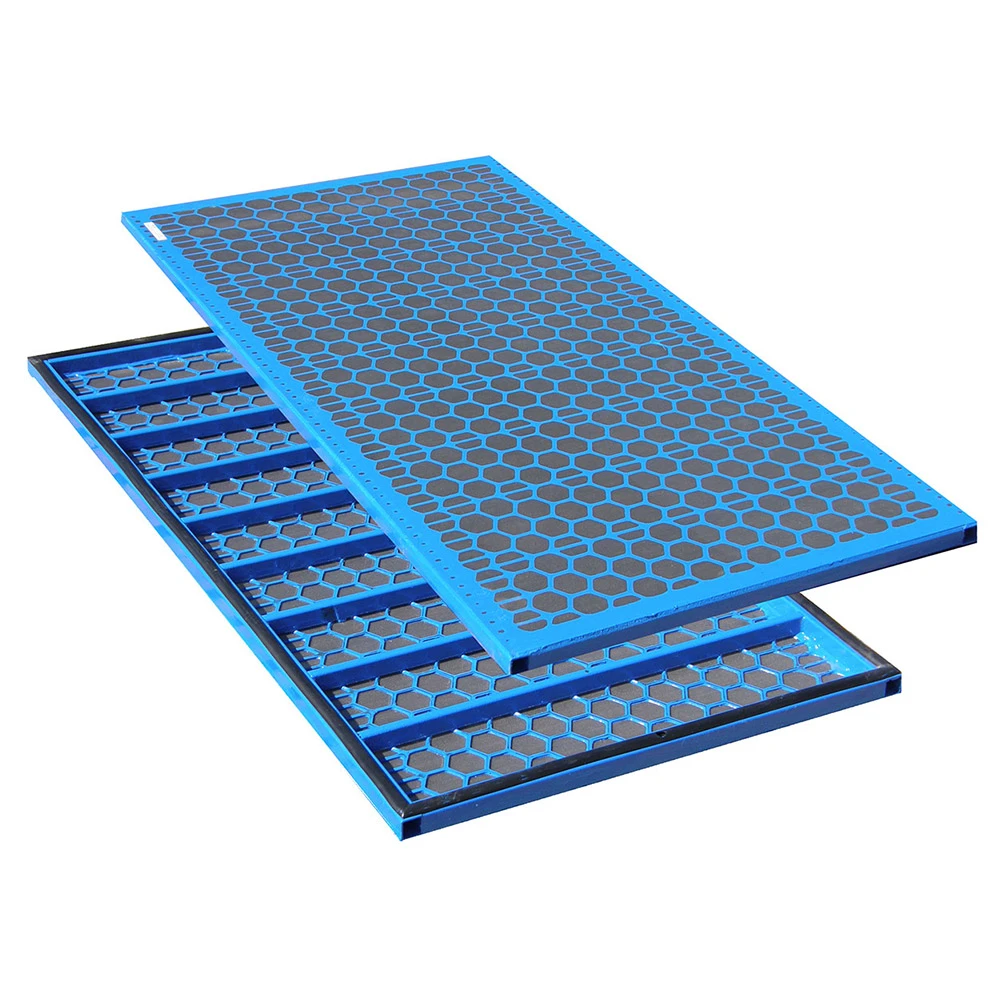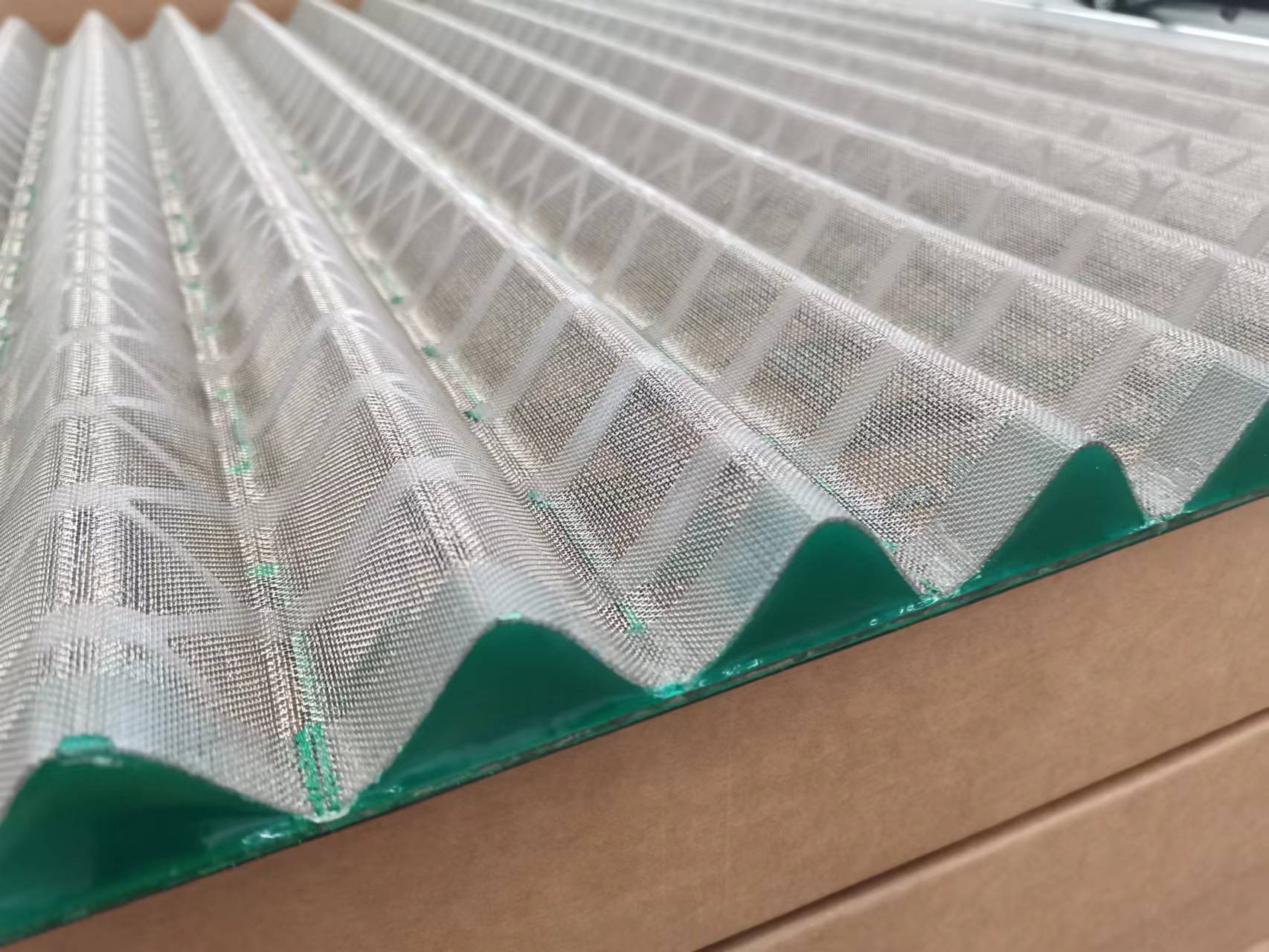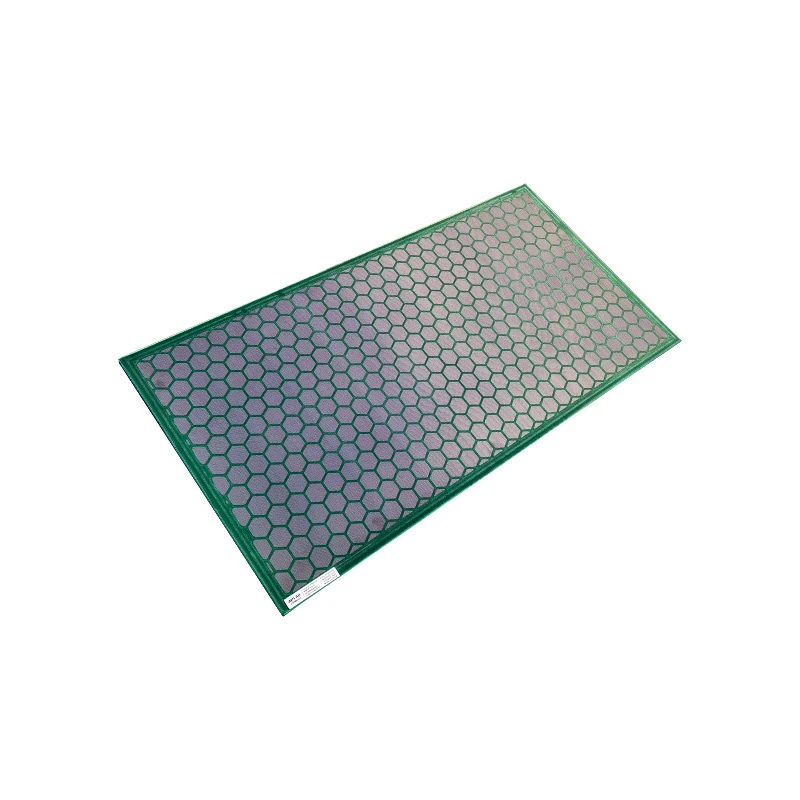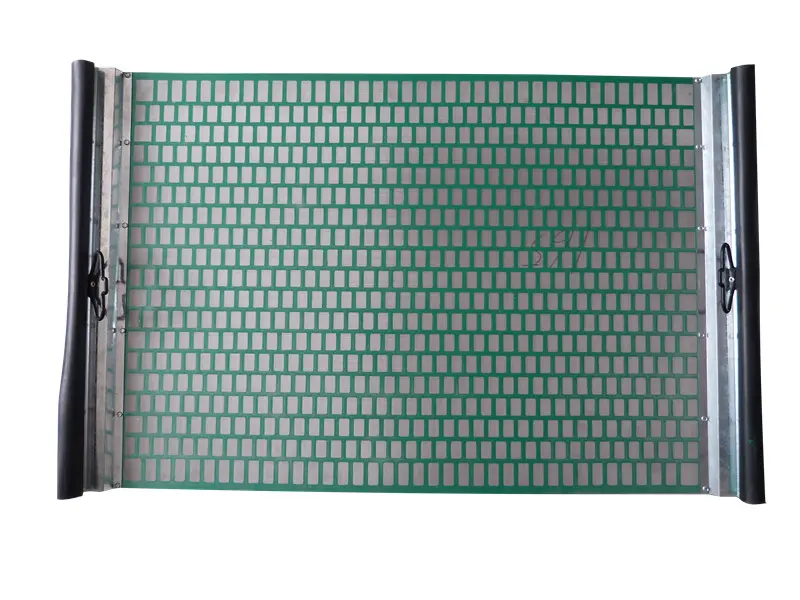- The Critical Role of Shaker Screens in Drilling Operations
- Engineering Superiority: Material Science & Structural Design
- Comparative Performance Analysis of Leading Manufacturers
- Tailored Solutions for Diverse Geological Challenges
- Proven Field Performance Across Global Operations
- Innovation Pathways in Solid Control Technology
- Strategic Selection Criteria for Maximum ROI
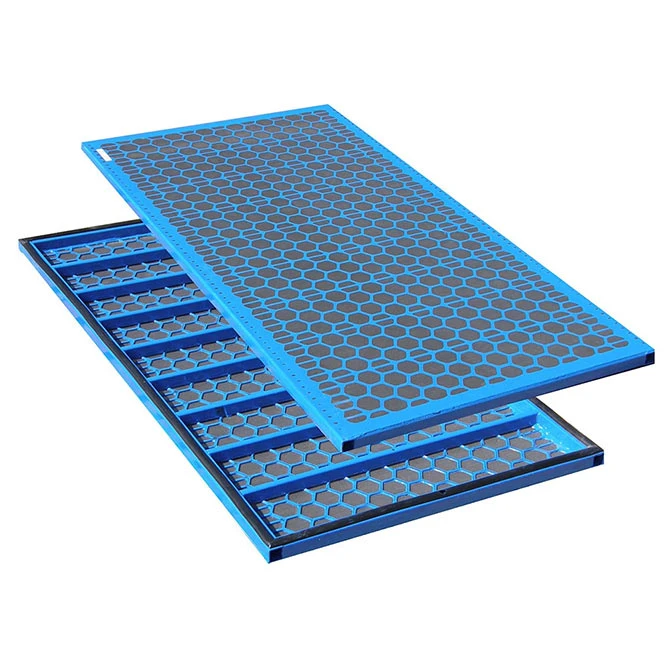
(shaker screen mesh factory)
The Critical Role of Shaker Screens in Modern Drilling Operations
Shaker screen mesh factories form the backbone of efficient solids control systems in drilling operations worldwide. As the primary defense against drilling fluid contamination, these precision-engineered components determine operational efficiency with direct financial implications. Industry data reveals that premium screens can reduce fluid losses by up to 27% compared to standard options, while extending service life by 300% in abrasive formations like those found in Permian Basin operations. The difference between optimal and subpar screen performance manifests in measurable metrics: every 5% increase in screening efficiency correlates to approximately $18,000 daily savings in drilling fluid replacement costs for a typical offshore rig. With increasingly complex well profiles demanding precise particle separation down to 44 microns, selecting a qualified shaker screen mesh factory
becomes not just an operational decision, but a strategic financial imperative.
Engineering Superiority Through Advanced Materials
Leading shale shaker screen mesh factories employ sophisticated material science to overcome the industry's persistent wear-and-clog challenges. The evolution from traditional stainless steel to triple-layered composite structures represents a fundamental shift in screen durability. Premium manufacturers now utilize high-carbon steel for structural integrity, bonded to corrosion-resistant nickel alloys, with a polyurethane tensioning matrix that maintains up to 12% higher dimensional stability under cyclical loading. This multi-material approach extends mean time between failures (MTBF) to 1,200 operational hours in high-temperature high-pressure (HTHP) environments. The geometric innovation of pyramidal or diamond-shaped apertures increases open screening area by 15-22% while reducing blinding incidents by 40%. Such technical advancements translate directly to uninterrupted drilling operations, with field data demonstrating 30% faster penetration rates when consistent fluid properties are maintained.
Global Manufacturer Performance Benchmarking
| Manufacturer | Max Flow Rate (GPM) | Silt Removal Efficiency | H2S Resistance Level | Mean Time Between Failure (Hours) | API Compliance |
|---|---|---|---|---|---|
| Derrick Solutions International | 850 | 97.2% | Grade AAA | 1,450 | API RP13C |
| GN Solids Control | 780 | 95.8% | Grade AA | 1,100 | API RP13C |
| MI-SWACO (Schlumberger) | 820 | 96.5% | Grade AAA | 1,350 | API RP13C |
| Brandt Holdings | 750 | 94.3% | Grade A | 950 | API RP13C |
The competitive landscape reveals significant performance differentials among shale shaker screen factories. Derrick shaker screen factory products demonstrate leading-edge flow capacity, handling abrasive drilling muds at 200-250 GPM higher rates than industry standard equipment. Third-party validation from Petroleum Development Oman confirms that such throughput improvements reduce required screen replacements by 1.3 units per 10,000 feet drilled in complex geology. Smaller-scale specialists like Kem-Tron showcase competitive advantages in specialized applications, delivering 99% mesh integrity after 800 hours in high-clay-content formations through proprietary tensioning systems. Price-performance analyses consistently show that investing 25-30% more in premium screens yields 60-70% lower total cost of ownership when factoring in drilling fluid savings and reduced downtime.
Customized Screening Solutions for Geological Variability
Top-tier shaker screen mesh factories maintain extensive customization capabilities to address diverse geological challenges. For deepwater Gulf of Mexico operations encountering shallow gas zones, manufacturers develop screens with stepped layering - coarse 850μm primary mesh bonded to 125μm secondary filtration - achieving 98% gas-trap efficiency while maintaining necessary flow rates. In contrast, Canadian oil sands operators require specialized abrasion-resistant coatings that withstand quartz content exceeding 55% by volume, extending screen life from industry-average 200 hours to over 750 operational hours. Rapid prototyping programs enable leading factories to deliver field-tested custom solutions within 72 hours, with documented cases in Egypt's Western Desert where bespoke screen designs reduced non-productive time (NPT) by 52% in troublesome swelling-shale sections. Digital configuration platforms now allow drilling engineers to input 17 distinct geological parameters, generating optimized screen specifications in under 15 minutes.
Field-Proven Results Across Global Applications
Operational data from seven continents validates the performance differentials among shale shaker screen mesh producers. In Norway's Johan Sverdrup field, screens featuring multi-directional weft technology maintained consistent 76μm separation during 18.5ppg mud circulation, saving an estimated €360,000 per well in fluid management costs. Argentine operators in Vaca Muerta's challenging clay sequences report 90% reduction in screen-blinding incidents after transitioning to factory-pre-tensioned designs, accelerating average drilling times from 28 to 19 days per 10,000-foot lateral. Perhaps most impressive are documented results from Kuwait's heavy oil fields, where thermally stabilized polyurethane frames maintained functionality at continuous 158°C (316°F) temperatures - 23°C above previous operational limits - enabling operators to reach target depth 11 days ahead of schedule despite complex pressure regimes.
Cutting-Edge Innovations in Solids Control Technology
Industry-leading shaker screen factories now integrate IoT capabilities that transform passive components into data-generating assets. Sensor-embedded frames monitor tension loss in real-time, triggering automatic calibration adjustments that maintain optimal screening efficiency within ±2% variance throughout operational cycles. Materials research breakthroughs include graphene-infused polyurethane composites currently undergoing field testing that demonstrate 400% improved fatigue resistance over standard polymers. Digital twin technology allows manufacturers to simulate screen performance under 1,200 distinct geological scenarios prior to production, virtually eliminating field compatibility failures. A major European producer recently unveiled self-cleaning mesh technology employing microscopic hydrophobic coatings that reduce screen washing time by 85% - a development projected to save offshore operators 300 rig hours annually per platform. Such innovations position premium manufacturers to deliver 30-35% greater throughput efficiency compared to 2020 benchmark standards.
Strategic Partnerships with Reliable Shaker Screen Mesh Factories
Identifying the optimal shaker screen mesh factory partnership requires thorough evaluation of eight key parameters: metallurgical certification standards, in-house R&D investment levels, global spare parts inventory positioning, API validation protocols, onsite technical support capabilities, environmental compliance records, scalability of customized solutions, and historical mean-time-to-failure data. Industry leaders demonstrate 25-30% greater consistency in tensile strength retention after cyclic loading tests. Forward-thinking operators now establish performance-based contracts where screen suppliers participate in fluid management cost savings, aligning manufacturer incentives with operational efficiency. Such partnerships show quantifiable benefits, including documented cases where comprehensive screen management programs reduced well costs by $280,000 in Delaware Basin operations through coordinated optimization of mesh specifications, replacement schedules, and cleaning procedures. As drilling environments become increasingly challenging, the strategic selection of a technically advanced shaker screen mesh factory directly correlates to project viability and financial returns.
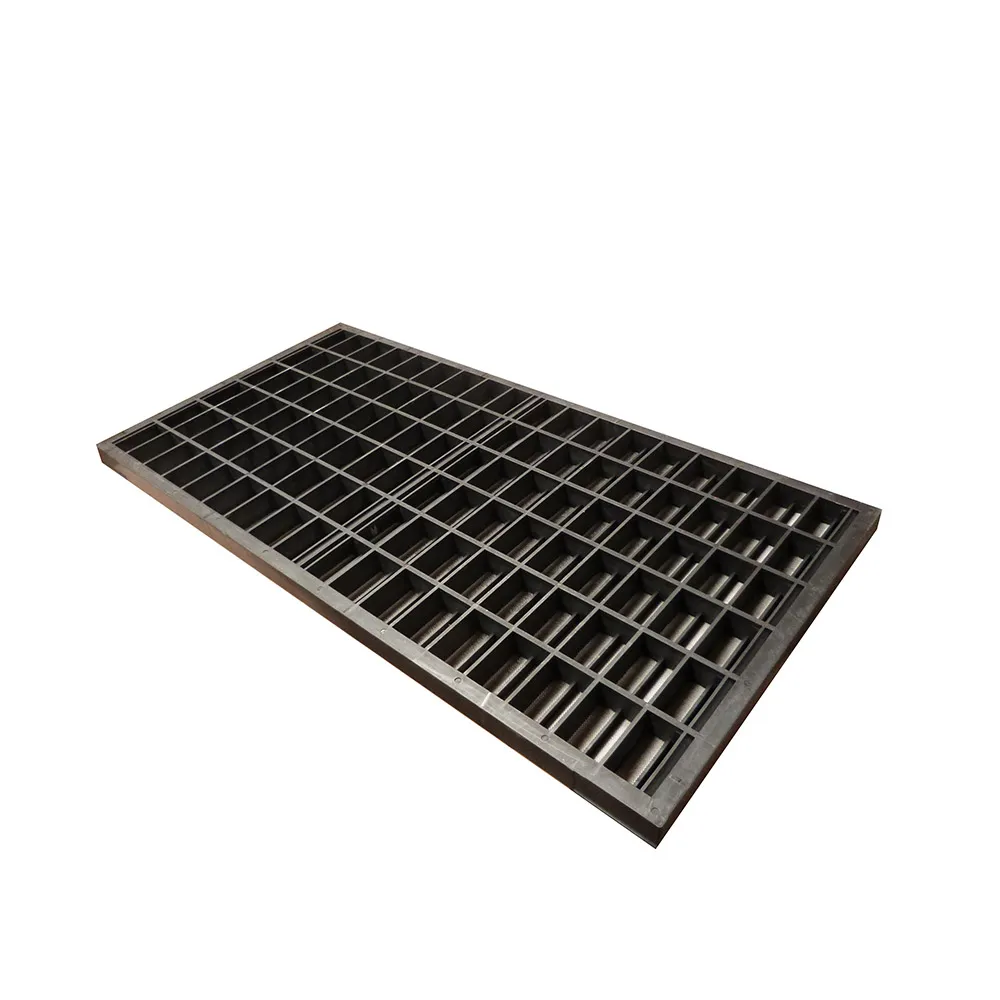
(shaker screen mesh factory)
FAQS on shaker screen mesh factory
Q: What types of shaker screen mesh does your factory produce?
A: Our shale shaker screen factory manufactures various mesh types including composite, pyramid, and steel frame screens. We produce API-compliant replacements for Derrick, MI-Swaco, and Brandt systems. Custom micron ratings (20-200+ API standards) are available.
Q: Do you offer custom sizes for shale shaker screens?
A: Yes, as a specialized shaker screen mesh factory, we provide fully customized sizing. We precisely replicate any dimensions for replacement screens or unique shaker configurations. No minimum order quantity for standard custom sizes.
Q: How do you ensure quality control in derrick shaker screen production?
A: Our Derrick-certified factory implements triple-stage inspections throughout manufacturing. We conduct material tensile testing, laser-measured opening verification, and final load endurance validation. Each screen meets ISO 9001 and API RP 13C standards.
Q: What materials do you use for screen mesh manufacturing?
A: We utilize 304/316 stainless steel, martensitic steel wires, and polyurethane compounds. All materials are corrosion-resistant and undergo hardness treatment for extended lifespan. Dual-layer composite structures ensure optimal filtration and durability.
Q: What is your production lead time for shaker screen mesh orders?
A: Standard designs ship in 7-10 days from our automated shale shaker screen factory. Large or custom orders typically take 2-3 weeks. Expedited manufacturing options are available for urgent drilling operation requirements.
